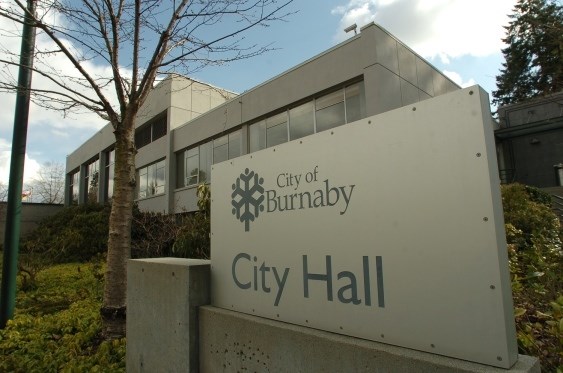As Burnaby city council attempts to tackle the issue of spiraling property assessments, the municipality continues to work on the budget for 2016.
The 2016 provisional budget is proposing a 2.95 per cent residential property tax increase, with another two per cent and 1.5 per cent increase for the waterworks utility and sanitary sewer fund respectively.
However, Mayor Derek Corrigan noted the tax increase is not set in stone, and he’s hoping there will be some room to get it lower when the budget is finally approved in the spring.
“I would expect a little bit of work done on it, but you’re certainly seeing somewhere in that 2.5 to three-per cent range is probably where all of us (municipalities) are going to land,” he told the NOW.
Corrigan also suggested the rate increase would be acceptable for residents given that it reflects items like inflation and salary increases to city employees.
He also noted part of the budget discussion will include factoring in the dramatic increases expected to property assessments for next year.
More than 7,000 properties in Burnaby are expecting to see property increases in the 15 to 25 per cent range and beyond in 2016.
The city is calling on the provincial government to freeze assessments at least year’s levels.
The budget document noted the city is facing cost increases that surpass the projected annual rate of inflation, with a rise on costs for salaries, operational and inflationary increases and provisions for new services.
The document, which is 130 pages, also includes details of where the city spends the money.
The operating budget is pegged at $436 million, with the biggest percentage of the total going toward the parks and rec department at 17.9 per cent, or $78 million.
The next biggest piece of the pie goes toward general government services at 16 per cent or $69 million, followed by public works (13.8 per cent or $60 million), police (13 per cent or $56 million), waterworks (11 per cent or $51.5 million), sanitary sewer (9.3 per cent or $40.7 million), fire (8.3 per cent or $36 million), solid waste, ($16.9 million), planning and building ($13.6 million) and library ($2.9 million).
As for the capital budget, the city is expecting to spend $138 million in 2016, including $27 million on acquiring land and land improvements.
In all, the city has $3.4 billion in total assets with $1.6 billion related to land.
The budget must be approved by May, but in the meantime the city plans to consult with residents before the final document is adopted.



